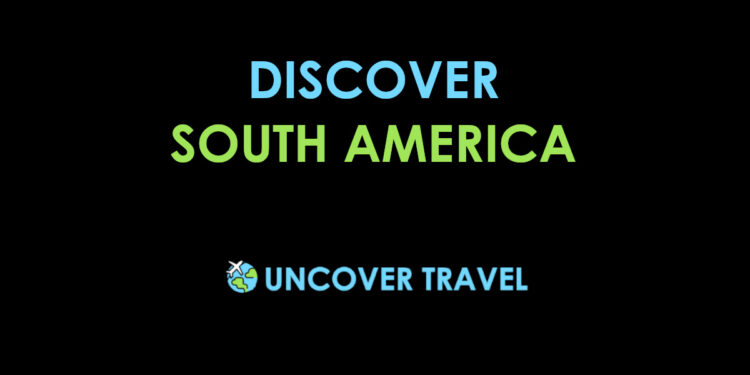Nauta was founded on the 30th of April 1839 by a native chief, Manuel Pacaya Irarica. It was the earliest settlement and the first river port in the region of Loreto. According to local legends, the name of this city came from a jar that was found in the ground of the city. In the language of Cocoma, the word for jar is “mauta” and this name was later changed to the latino word “nauta”, meaning fisherman.
Due to its strategic location at the junction of the Ucayali and Marañón rivers, it received boats and ships from Brazil and from Europe and became the centre for commerce and communications in the Amazon. Nauta is particularly important to the the local river communities, as it is where they come to sell their produce. In 1999 a dirt road joining the cities of Iquitos and Nauta was opened. Originally it took twelve hours to travel between the two cities, however the road was asphalted in 2005 and the trip now takes under two hours.
Our first stop is the market, where we buy a food parcel that we will later give as a gift to a family living in a shanty town nearby. We pass a stall where capybara are being cooked on an open fire. Capybara are the world’s largest rodents, closely related to cavies and guinea pigs and can weigh over sixty kilograms. This semi-aquatic animal, whose scientific name means ‘water hog’, is always found near water, typically in groups of ten to thirty. The animals are captured in the dry season and the meat, then leaner than at other times of the year, is deboned, desalted and dried. At the stall is a table with two benches and two women are tucking into their lunch. I feel slightly nauseous and move on quickly.
Many of the buildings are in a very poor state of repair and look almost like shanty houses with their corrugated iron roofs. Piles of bricks and sand line the dirt roads and in some of the buildings we can see the walls being painted or repaired. Along the street are numerous ‘for sale’ and ‘for rent’ signs on the buildings and above a shop door is a wooden sign that says ‘no contaminemos el planeta, es nuestro hogar’, meaning ‘do not contaminate the planet, it is our home’.
As we reach the end of the market we see three ‘motocars’ (vehicles like Thai tuktuks) that are waiting to take us around the city. Our first stop is a Sapi-Sapi lagoon, a man-made lake that is home to the Paiche, the largest fish in the Amazon, and the endangered Taricaya turtles.
Paiche is a type of catfish that can grow to over three and a half metres and weigh over four hundred kilograms. This fish has been around since the Jurassic period, nearly 200 million years ago and is now a protected fish. Apart from commercially farm bred fish it is illegal to catch or sell wild paiche during their breeding season (from October to Feburary).
The taricaya turtle lives on the banks and in the rivers of the Amazon. It buries its eggs along the beaches and the main threat to this animal is the illegal over-harvesting of its eggs. This species has been monitored in the Pacaya-Samiria reserve since 1979. In 1994 a management programme for this species began and over 174,000 young turtles have been released into the river.
Soon we reach Plaza Centenario, where Nauta’s secondary school is, and head out to the shanty town. We travel down a long dirt road and in the motocars we can feel every bump and pothole.
The shanty town is where most newcomers set up home when they arrive in Nauta. The ‘houses’ are made out of wood, cloth and other pieces of material that the local people find. We pick a random house to receive the food parcel gift and, as we approach it a young lady appears. She has recently moved to the shanty town with her husband and two children and, like most residents, her husband has built the house himself. They have no electricity and there is only one room. The family of four sleep together on the floor, under a mosquito net. By the bed are a few clothes, some food and little else. The lady is delighted with the food parcel that we give her.
Too soon it is time to leave and we climb back into the motocars. A group of children, who have been following us through the shanty town run behind us and follow us all the way back to the dock and wave goodbye as we return to the Aqua Amazon.




